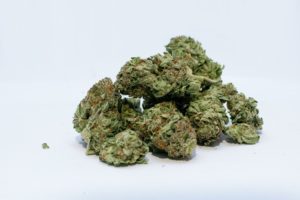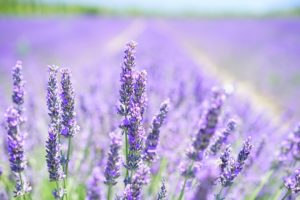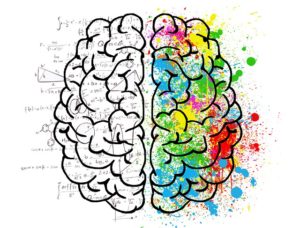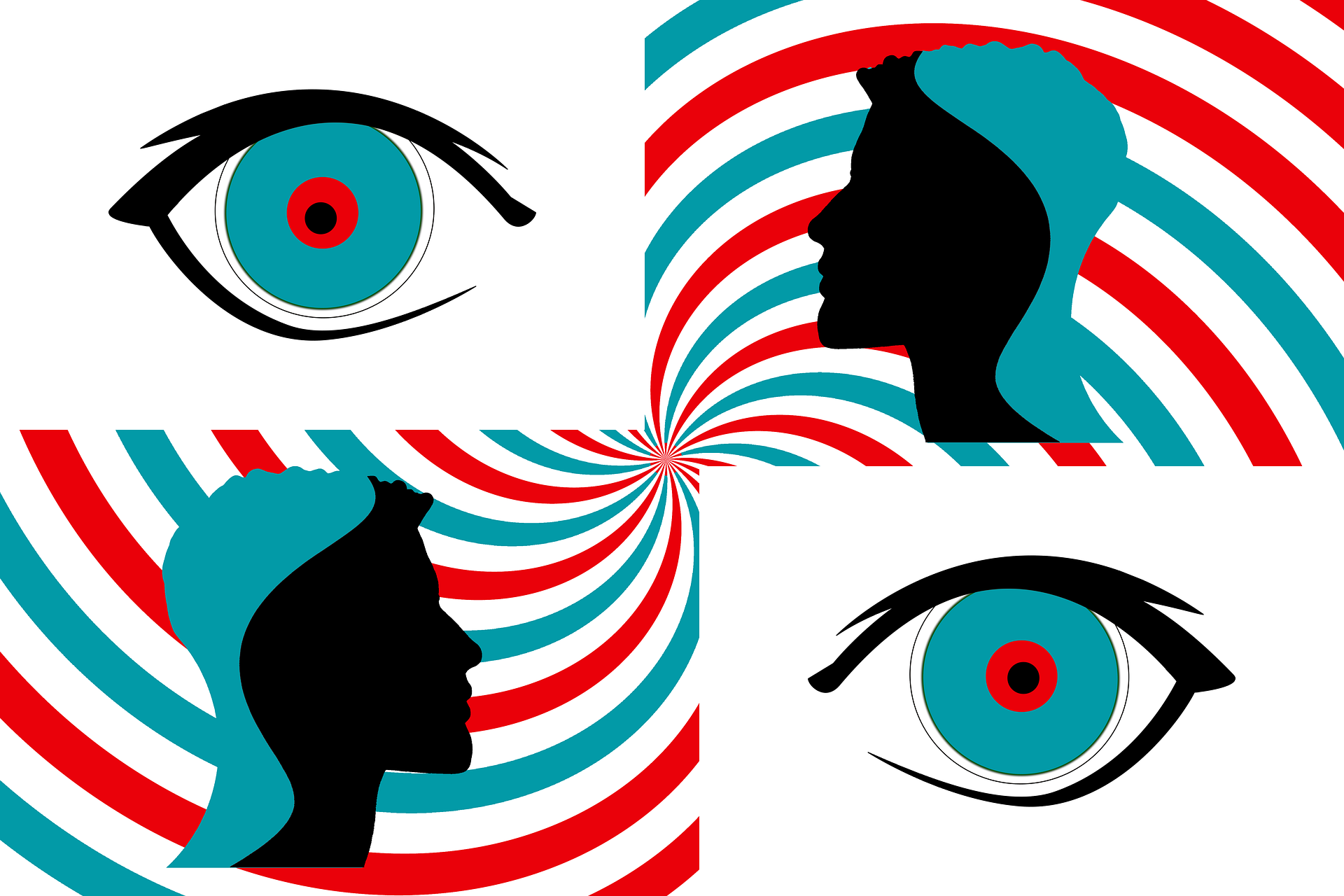Intro
Let’s take a look at 5 of the most common chronic issues that we experience as a a result of modern living: Stress, Insomnia, Anxiety, Depression and Pain. While there are some pharmaceutical medications that can be effective, most individuals would rather seek a safe and effective alternative approach. Here I will outline these conditions individually and describe some of the most effective treatments that I use at my Toronto naturopathic clinic Physic-Logic.
Stress
Stress is an unavoidable biological response to a threat. The human body developed the stress response in order to escape immediately threatening situations like wild animals and hunting for food. The stress response evolutionarily developed to kick the body into high gear in particular situations and for relatively short intervals. Stress demands a lot from our body in order to perform at a very high level. An increased output of hormones, vitamins and minerals are utilized during the stress response.
The reality is that in modern day living we perceive stress from a variety of situations that are outside of our evolutionary makeup. For example, many if not all of us experience financial stress, workplace stress, relationship stress, medical related stress etc… If we do not have effective coping strategies these stressors, overtime, use up our bodies resources and lead to burnout.
Chronic stress can also be a trigger in the development and resurgence of chronic illnesses like autoimmune disease, allergies, gastrointestinal disease, migraine and skin conditions. At our Toronto Naturopathic Clinic we have several therapies that help to support the body through stress. Adaptogenic herbs like Rhodiola and Ashwagandha help to balance cortisol levels, evening out the highs and lows of a stress response. Magnesium, b-vitamins and vitamin C help to support the adrenal glands which can experience a state of fatigue when under prolonged stress. Acupuncture can help to bring the body into a calming parasympathetic state after prolonged periods in sympathetic fight and flight mode. All these holistic modalities work together to bring a patient out of stress induced fatigue while allowing a better more controlled stress response in the future.
Insomnia
One of the most important foundations for health is good sleep. Most adults require 8-10 hours of sleep for optimal performance whereas in reality 5-7 hours seems to be the norm for most many patients. Not only is sleep duration important but quality uninterrupted sleep is important as well. Our body will have trouble healing and functioning optimally without adequate sleep quantity and quality.
There are 3 types of insomnia that I typically see in my Toronto Naturopathic practice: 1. Sleep initiation insomnia (trouble falling asleep) 2. Sleep maintenance insomnia (trouble staying asleep) and 3. A combination of both initiation and maintenance insomnia. Some of the most common issues causing insomnia are due to anxiety, stress, pain and discomfort. Therefore a successful approach to treating insomnia needs to take into consideration the root causes of the insomnia and the type of insomnia.
Many of the pharmaceutical approaches to insomnia have issues with dependency, addiction and grogginess. The pharmaceutical treatments don’t typically consider the issues causing the insomnia or the type of insomnia either. At my Toronto Naturopathic clinic Physio-Logic I use a combination of time tested approaches to pinpoint the specific areas of sleep that have been disrupted. For instance melatonin can be a very effective treatment for insomnia but many patients don’t realize that there is more than one type of melatonin and that dosage is very important. A fast acting sublingual melatonin may be very helpful to initiate sleep but not effective at maintaining sleep throughout the night; whereas a prolonged release melatonin is often much more effective for sleep maintenance issues. Similarly Cannabis and cannabinoids can be used for insomnia but fast acting inhaled forms are better suited for sleep initiation whereas longer acting oral forms are more useful for sleep maintenance. At our Toronto Naturopathic clinic we take into consideration all the nuances in the diagnosis of insomnia to come up with the most effective and safest course of treatment.
Anxiety
Most of us have experienced anxiety at one point or another and like stress, anxiety in specific circumstances and in relatively short durations is perfectly normal. When anxiety becomes a daily or long lasting biological response we simply cannot function optimally and start placing our body at risk of chronic disease.
Stress and anxiety are closely related with anxiety being more of the mental emotional response and stress being more of the physical response to a perceived threat. A big issue with chronic anxiety is that it becomes a vicious cycle perpetuating itself; the experience of anxiety creates more anxiety and the fear of its return creates more anxiety. The brain, much like muscle has a memory and the more times specific pathways are engaged the harder it becomes to break those physiological habits.
Anti-anxiety medications often fail at producing long lasting results without side effects because they where often designed for treating other conditions; as is the case with anti-depressant medications. A recent breakthrough in anxiety medicine has revealed that our endocannabinoid system has a significant role in the maintenance of balanced mental emotional health. Therefore compounds like cannabidiol (CBD) which act to support the endocannabinoid system have been shown to be effective and safe in the treatment of anxiety with minimal side effects.
Promotion of a healthy lifestyle including daily exercise and a healthy diet can further support the endocannabinoid system and are therefore extremely effective strategies in their own rite. At my Toronto Naturopathic Clinic Physio-Logic we combine several strategies including cannabinoid education to formulate an effective strategy to break the anxiety cycle once and for all.
Depression
Depression is a spectrum ranging from mild symptoms to severe symptoms. While pharmaceutical medication is often necessary for more severe forms of depression, functional medicine can be very effective in treating mild to moderate depression.
Most anti-depressant medications work by keeping higher levels of serotonin in the brain and nervous system. There are many natural compounds that can achieve similar results with a less specific but more holistic mode of action. The net effect is something that is gentler than a pharmaceutical drug but with less potential for dependency and side effects. One example is the flower St. Johns Wort which s backed by several studies confirming its efficacy in treating mild to moderate forms of depression.
Nutrition and exercise are also fundamental in treating all forms of depression and unfortunately as symptoms get worse so do the potential for lassitude and malnourishment. Intervention at the early stages of depression can often allow the patient to utilize holistic therapies effectively and prevent the need for a more aggressive pharmaceutical approach. At my Toronto Naturopathic Clinic, we use functional and holistic medicines from both eastern western medical traditions to treat mild to moderate depression safely and effectively. Some of these treatments include: herbal therapy, acupuncture, intravenous therapy and lifestyle counselling.
Pain
One of the biggest obstacles to cure is pain. Chronic pain interfere with the activities of daily living, disrupting sleep and making exercise impossible. Chronic pain also places physical stress on the body, over time leading to physical burnout and deficiency. Unfortunately many of the most effective pharmaceutical strategies for pain management are linked to addiction and long term side effects. Gastritis (inflammation of the stomach) is a common condition I see in practice linked to long term use of Non steroidal anti-inflammatory medications like Advil and Naproxen. Fortunately there are many safe and effective treatment options within naturopathic and functional medicine.
Pain is often linked to a few common phenomena: lack of circulation, inflammation, tight muscles and neurological injury. Many holistic treatments such as acupuncture, cupping, moxibustion, laser therapy and massage work to improve circulation and loosen tight muscles. Many vitamin, mineral and herbal therapies are excellent for controlling inflammation. Curcumin is a compound derived from the spice turmeric and has years of scientific research demonstrating its strong anti-inflammatory properties without side effects. Using electric current in conjunction with acupuncture can be a safe and very effective treatment for neurological injury. At the my Toronto Naturopathic clinic we utilize many different tools and strategies to provide a safe, effective and individualize treatment for both acute and chronic pain.
Conclusion
Many of the health concerns that we experience in modern society can be safely and effectively treated with a Naturopathic approach. I would encourage anyone experiencing stress, insomnia, anxiety, depression or pain to have a consultation with a Naturopath or other functional medicine doctor. Unfortunately it is all too common for patients to first step into my office after years of trying to manage symptoms using only a pharmaceutical approach. It is never too late to try a more holistic approach. You will be surprised at how effective these treatments can be.



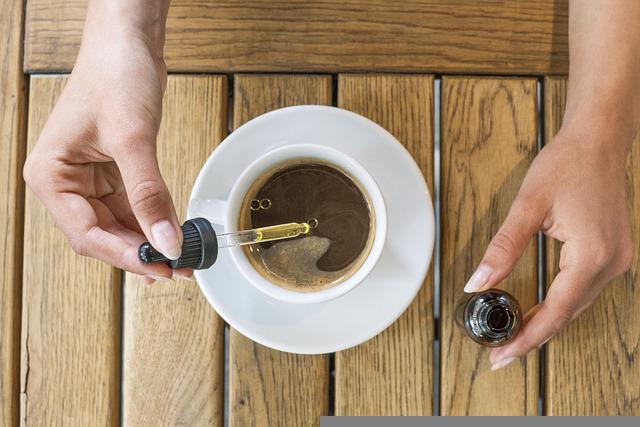
 I had used various natural sleep aids but needed a change as my current medication was producing some inconvenient side effects. After receiving my medical cannabis prescription I started using a balanced THC:CBD oil which improved my sleep latency and nighttime wakeup’s within a few days. Cannabinoid therapy is now one of my most recommended treatments for various types of insomnia as it is safe, inexpensive, fast acting and effective.
I had used various natural sleep aids but needed a change as my current medication was producing some inconvenient side effects. After receiving my medical cannabis prescription I started using a balanced THC:CBD oil which improved my sleep latency and nighttime wakeup’s within a few days. Cannabinoid therapy is now one of my most recommended treatments for various types of insomnia as it is safe, inexpensive, fast acting and effective.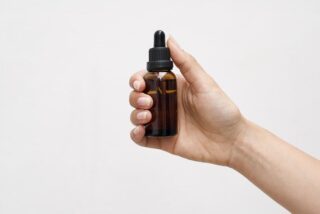 Many chronic diseases that have been linked to disruption in the endocannabinoid system (Fibromyalgia, Migraine, Inflammatory Bowel Disorder) have a sleep disruption comorbidity. This sleep disruption can usually be helped with a prescription of cannabinoids such as CBD. It is certainly plausible and empirical evidence supports the theory that patients with sleep disorders have endocannabinoid disruption. Therefore, phystocannabinoids like CBD can be helpful to restore endocannabinoid tone and subsequently better sleep.
Many chronic diseases that have been linked to disruption in the endocannabinoid system (Fibromyalgia, Migraine, Inflammatory Bowel Disorder) have a sleep disruption comorbidity. This sleep disruption can usually be helped with a prescription of cannabinoids such as CBD. It is certainly plausible and empirical evidence supports the theory that patients with sleep disorders have endocannabinoid disruption. Therefore, phystocannabinoids like CBD can be helpful to restore endocannabinoid tone and subsequently better sleep.

